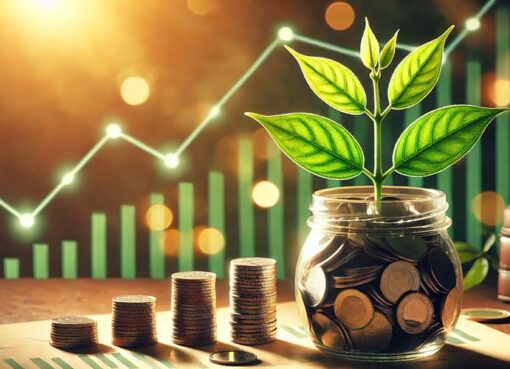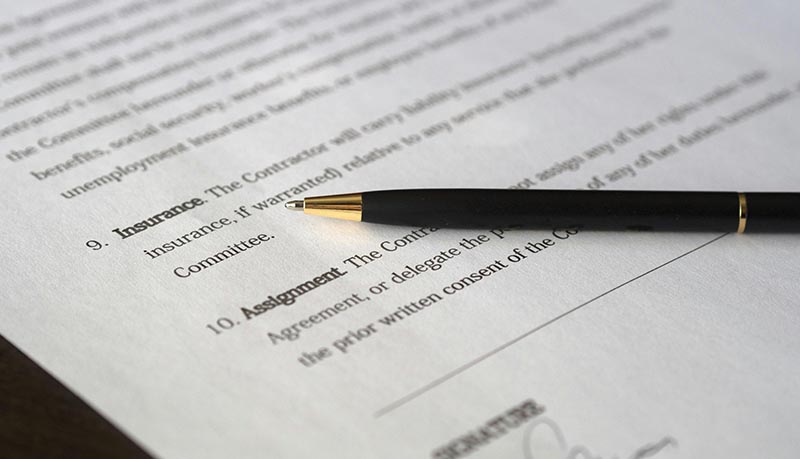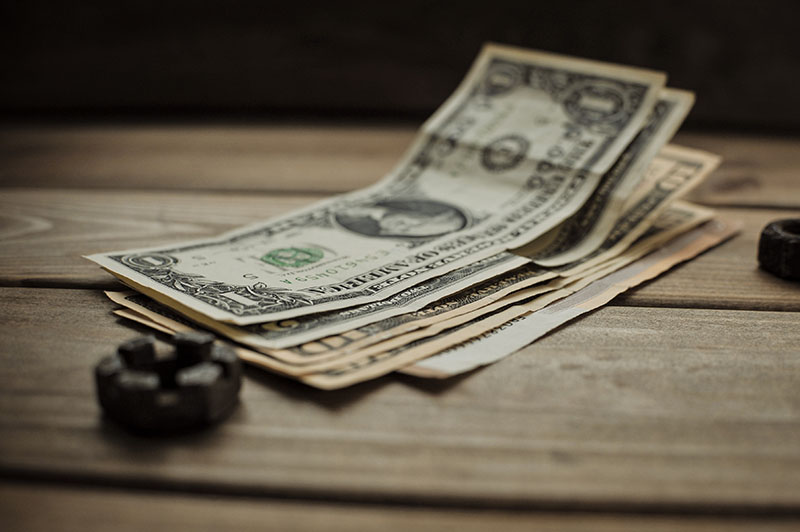What is a Personal Loan?

A personal loan is a type of loan that allows an individual to borrow money from a lender for personal use. Unlike other types of loans, such as a mortgage or car loan, a personal loan can be used for any purpose, including paying off high-interest credit card debt, making home improvements, or covering unexpected expenses.
Personal loan are typically unsecured, which means they don’t require collateral like a house or car to secure the loan. Instead, lenders evaluate the borrower’s creditworthiness, income, and other factors to determine their ability to repay the loan.
The amount a borrower can receive through a personal loans varies depending on their credit score, income, and other factors. Some lenders offer personal loans for as little as a few thousand dollars, while others may offer loans of up to $100,000 or more.
Personal loans typically come with a fixed interest rate, which means the interest rate stays the same throughout the life of the loan. This makes it easier for borrowers to budget for their monthly loan payments since they will remain the same over time.
Borrowers typically repay personal loan through monthly installments over a set period of time, usually between one and five years. Some lenders may allow borrowers to repay their loans early without penalty, while others may charge a prepayment fee.
It’s critical to shop around and compare rates and terms from various lenders when thinking about taking out a personal loan. Also, borrowers should confirm that they are aware of the whole cost of the loan, including any fees and interest rates.
Ultimately, for people who need to borrow money for personal reasons, a personal loan can be a valuable instrument. Yet, it’s crucial to borrow just what you can afford to repay from personal loans and to utilize them carefully.
How to personal loan works? : Need Money Fast Click At Here




